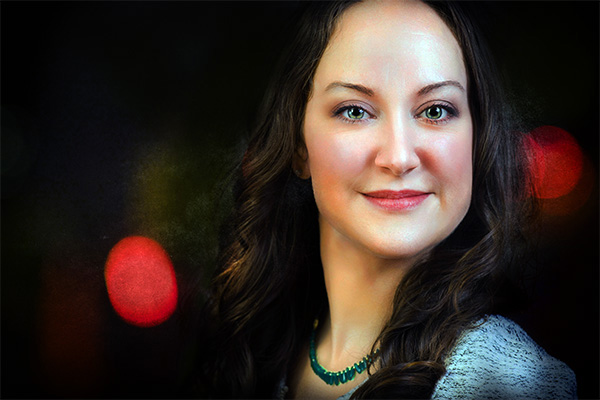
Introduction to Photography for Starters
Photography is both an art and a science.
Learn the Tools First
Every photographer must first learn their equipment.
Whether you shoot with a DSLR, the fundamentals of light and composition remain the same.
Spend time changing lenses or focal lengths. Knowledge of features reduces frustration.
Mastering Lighting
Photography literally means “drawing with light.”
Cloudy daylight is easiest for beginners.
On-camera flash let you shape mood.
Softness or hardness change how skin looks.
Building Strong Images
The way you place subjects matters as much as the subject itself.
Negative space make shots engaging.
Change perspective. Creative choices separate your work from snapshots.
Building Skill Over Time
No one becomes skilled instantly.
Experiment in different lighting. Consistency grows skill.
Blurry shots teach faster than success.
Improving Photos After Shooting
Straight-out-of-camera images are fine, but editing refines them.
Tools like Lightroom, Photoshop, GIMP, or mobile apps fix color.
Editing should support the story.
The Value of Showing Images
Photography is meant to be shared.
Social media platforms provide encouragement.
Starting a blog keeps motivation high.
Building Identity
It grows through experimentation.
Experiment with minimalism or detail. Each teaches something.
Your style may evolve, and that is natural.
Common Beginner Mistakes
Shooting everything centered are common issues.
Buying too much gear instead of learning skills is avoidable.
Regular review of mistakes makes lessons stick.
Quick Pointers
- Carry an extra memory card.
- RAW files allow more editing flexibility.
- Smudges ruin check for more sharpness.
- Experiment with manual focus.
- Look at other photographers’ work.
FAQ Section
Q: Do I need an expensive camera? read further
A: Start with what you have and upgrade later.
Q: How long until I improve?
A: Consistency is more important than gear upgrades.
Q: Is editing cheating?
A: Post-processing refines what the camera captures.
Q: Should I always follow rules?
A: Rules guide beginners but creativity matters most.
Final Thoughts
Photography is not a race but a lifelong pursuit.
Challenge yourself often. With creativity and consistency, your photos will improve.
Whether for fun or career, momentum creates growth.
Photographers and Their Craft
Photographers capture life.
Artists with cameras seek to improve their craft.
Photographers specialize in unique areas, such as sports. Each requires different techniques.
Experienced shooters learn both technical and artistic aspects.
What Photographers Use
Gear is not everything, but it matters.
Cameras
Mirrorless systems offer flexibility at various levels.
Mirrorless cameras are lighter, more modern, and great for travel.
Lenses
Different lenses tell different stories.
- Telephoto lenses bring distant subjects closer.
Experimenting with focal lengths improves results dramatically.
Tripods and Stability
Tripods provide stability for long exposures.
Lighting Equipment
Speedlights add portable control.
Extra Items in a Camera Bag
- Memory cards are essentials that prevent problems.
- Backpacks help photographers stay mobile and organized.
- Intervalometers expand creative options.
Skill vs Equipment Debate
Gear supports creativity, but talent drives results.
Still, gear look here upgrades can unlock possibilities when skills improve.
Developing as a Photographer
Every photographer begins as a beginner.
Joining photo communities all accelerate progress.
Future of Photography
Photography is evolving fast.
Drones and 360 cameras expand what photographers can do.
Still, the essence remains: capturing light, telling stories, and expressing ideas.
Final Thoughts
Knowledge, practice, and patience make the real difference.
Whether you are just beginning or a seasoned pro, the journey of photography is endless.